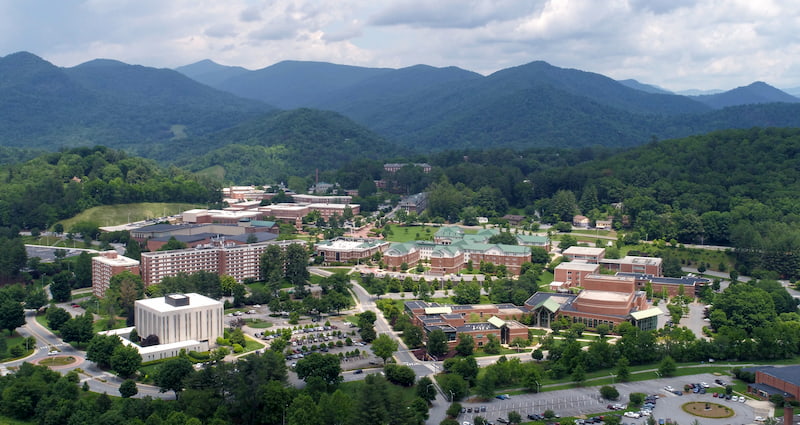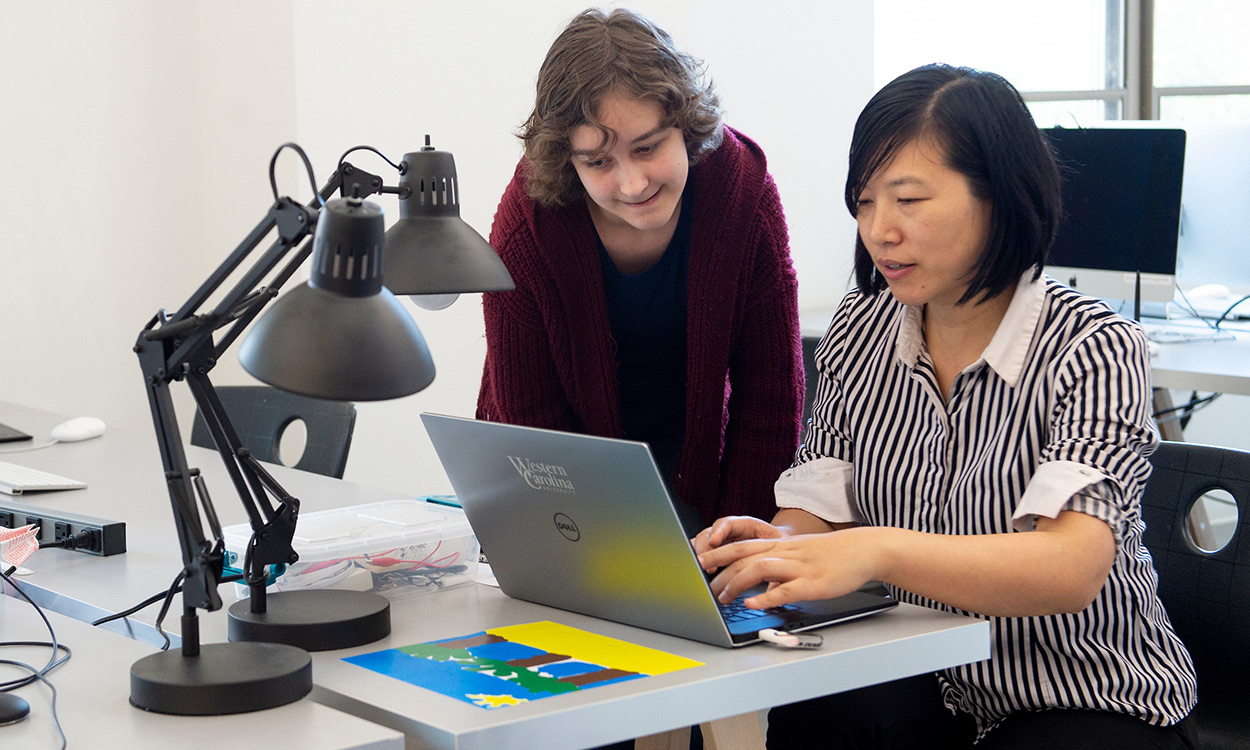University representatives participate in AACU summer institutes
The Association of American Colleges and Universities selected Western Carolina University for two of its four summer institutes, allowing faculty participants to engage with educational peers and experts to advance and spur teaching innovation.
WCU was chosen for the Institute on General Education and Assessment at the University of Utah in Salt Lake City, held June 5-8, and the Project Kaleidoscope STEM Leadership Institute at the Claggett Center in Adamstown, Maryland, which took place July 10-15 and July 17-22. The institutes offer invited faculty a time and place for sustained collaborative work on a project of importance to their campus, with their efforts focused on important trends, research and best practices delivered by a resident faculty of experts and consultants.
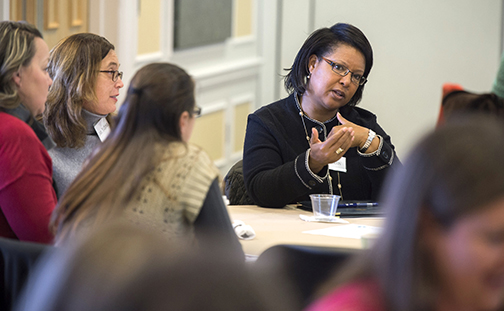
Carol Burton
“Our selection to participate in two of the Association of American Colleges and Universities summer institutes was a great opportunity to share WCU’s expertise in innovative pedagogical practices, as well as expose us to best practices in areas where we want to improve,” said Carol Burton, acting provost and vice chancellor for academic affairs. “The Institute on General Education and Assessment allowed our team time to focus on measuring student learning outcomes, designing our approach to engage faculty in the assessment process, creating curricular innovations, and applying what we have learned from our ongoing assessment.”
The Institute on General Education and Assessment participants explore intentional, well-defined models of general education and approaches to assessing student learning throughout the student experience. They also examine processes for curricular design and the implementation of highly effective teaching practices. WCU faculty who participated are Jen Schiff, director of WCU’s International Studies Program and two-time chair of the Liberal Studies Program; Gael Graham, professor of history; Erin McNelis, associate professor in mathematics and computer science; and Terry Martin, assistant professor of entertainment design and technology.
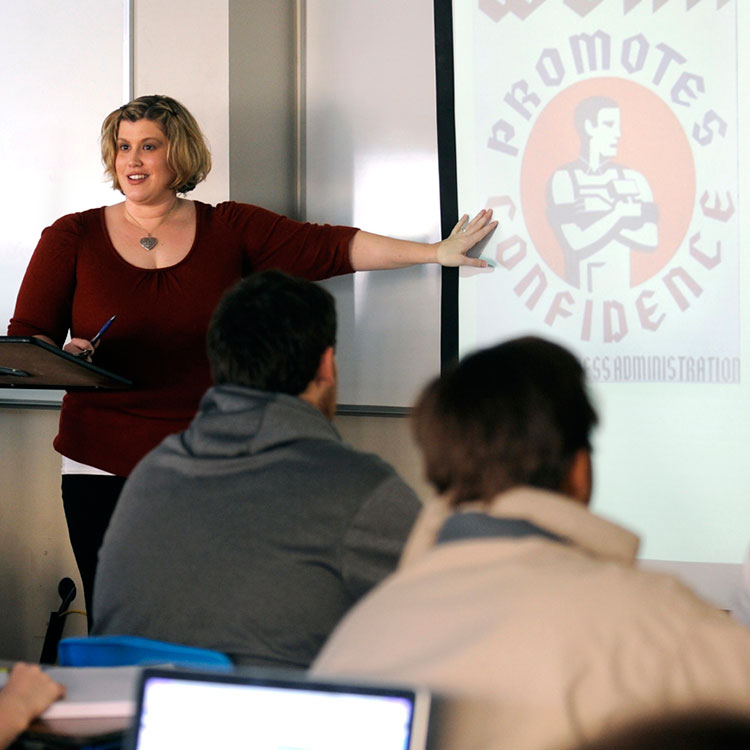
Jen Schiff
“For my part, I’d say that the institute was enormously helpful, as it allowed us the luxury of time to sit down with colleagues who care deeply about WCU’s Liberal Studies Program, discuss the many assessment challenges surrounding the program, and create a clear plan and timeline for resolving those issues,” said Schiff. “The institute also gave us access to mentors who are experts in general education assessment, as well as exposure to numerous universities facing similar challenges. The availability of these resources helped us conceptualize and think through the challenges facing WCU’s liberal studies assessment process. Above all else, though, I couldn’t have asked for stronger and more committed colleagues with whom to share the experience.”
The Project Kaleidoscope STEM Leadership Institute is an intensive, five-day professional development session for science, technology, engineering and math (also known as STEM) faculty. It provides participants with ways to effectively manage the politics of change and contribute to STEM higher education reform, and also offers extended access to career coaches. WCU representatives who participated in the July 10-15 session are Carmen Huffman, associate professor of chemistry and physics, and Brandon Schwab, associate provost for academic affairs, who was an institute co-leader. Arthur Salido, executive director for community and economic engagement and innovation, served as a mentor for the July 17-22 session.
“I’m excited to develop my leadership skills and hope to bring back some ideas for enhancing science programs at WCU,” Huffman said prior to the event.
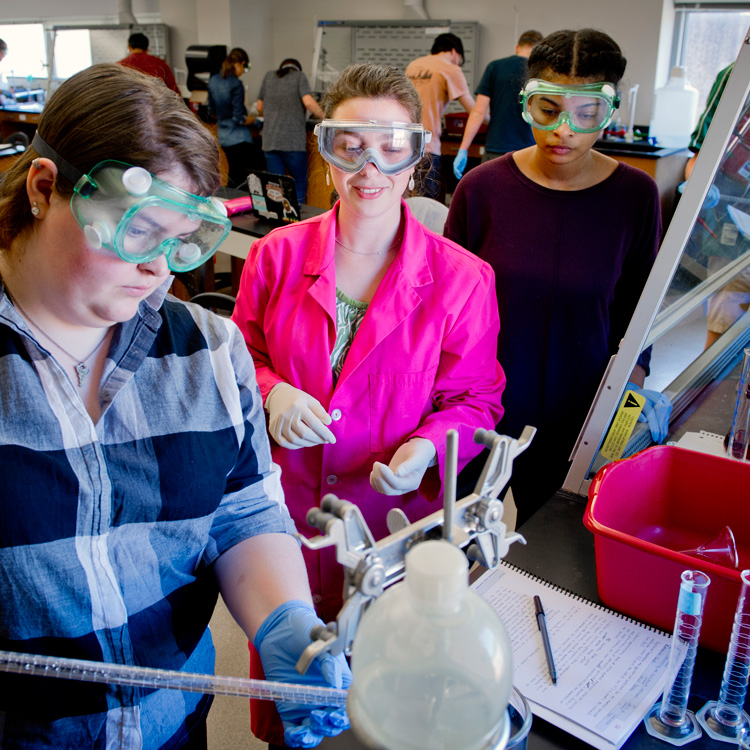
Carmen Huffman (center)
Schwab said he also was a participant in the Project Kaleidoscope Institute a few years ago, and it was a transformative experience. “It’s been great to continue my involvement with the institute, first as a participant, then as a mentor and now as a co-leader, and interact with instructors from across the country, from community colleges to four-year institutions, all furthering STEM education reform and leadership,” he said.
Founded in 1915, the Association of American Colleges and Universities now comprises 1,400 member institutions, including accredited public and private colleges, community colleges and universities. The teams and individuals selected for the 2018 summer institutes are committed to developing and exchanging best practices in support of student success, said Lynn Pasquerella, association president. “We look forward to working together to achieve our shared objectives around advancing liberal education, quality and equity in service to democracy,” she said.
For more information go to www.aacu.org.
